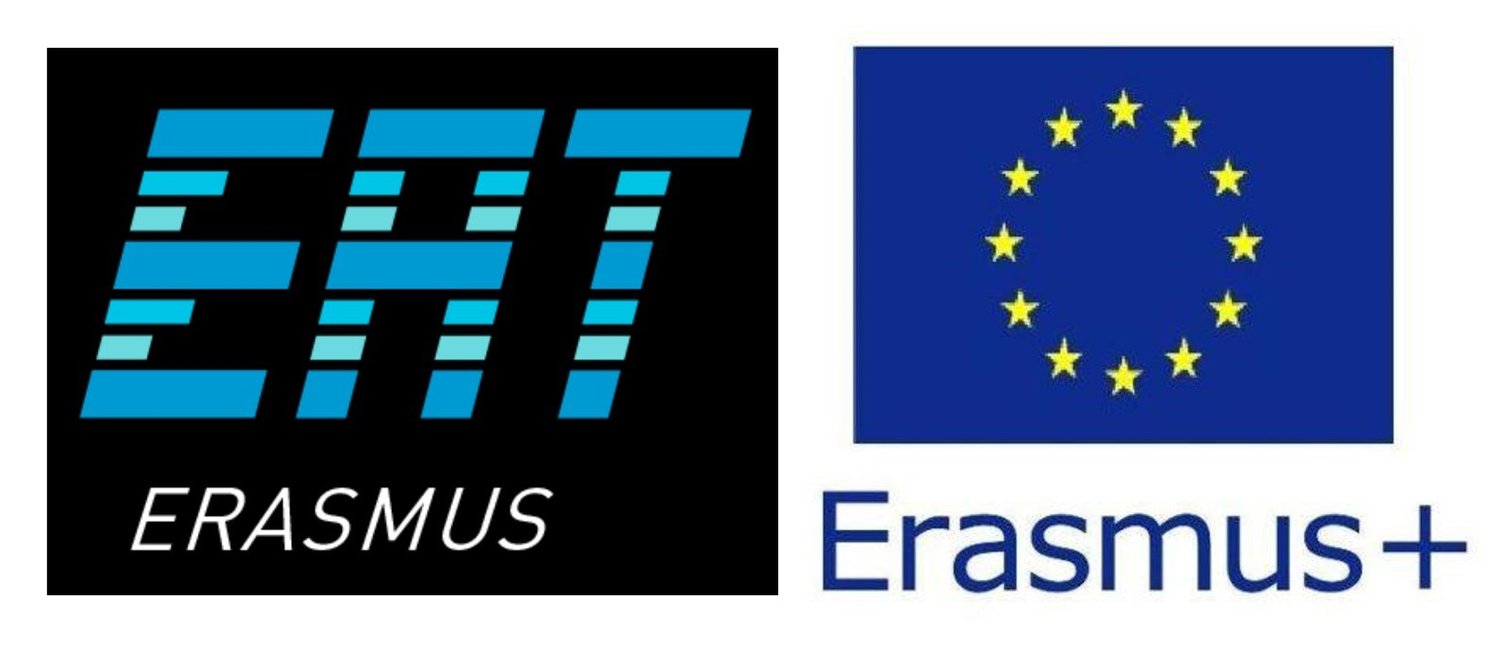1.4. Self-regulation as a process
Self-regulation as a process typically involves a recursive three or four stage cyclical process involving: forethought, performance and monitoring and control, and evaluation/self-reflection engaging the preceding activities.
Forethought: Planning and goal setting including activation of perceptions and knowledge of the task, context, and the self in relationship to the task.
Performing the task: Utilising strategies to complete the task which includes ongoing monitoring of progress against goals and adjustment of strategies as required including maintaining effort and focus.
Evaluation: Reflection on the extent to which one’s own goals have been met to inform further planning- involves reflection on the task, self, and context.
In all SRL phases combinations of metacognitive, cognitive, and affective strategies are required. Individuals may combine strategies in different ways to achieve similar and/or different outcomes. The order of, and distinctiveness of these phases of the self-regulation process are debateable, as in reality many of the activities occur simultaneously (Pintrich, 2004; Seufert, 2018).
SRL involves top down and bottom up processes. At the person level, how an individual interprets a task impacts their approach to learning and is therefore seen as ‘top down’. In Efklides’ (2011) model the person level is seen a representing the trait-like aspects of self-regulation. An individual’s goals guide actions based “on the interactions of the person’s competences, self-concept in the task domain, motivation, and affect, vis-à-vis the perception of the task and its demands” (Efklides, 2011, p. 12).
Once an individual has made a decision, activities are bottom up in that they are directed towards achieving the task. To realise the requirements of a task an individual may choose to deploy a range of metacognitive strategies, this work is seen as less conscious and person-oriented (it is more about the task). The focus on task is very much prevalent in notions of flow (immersion in an activity) (Csikszentmihalyi, 2008).



